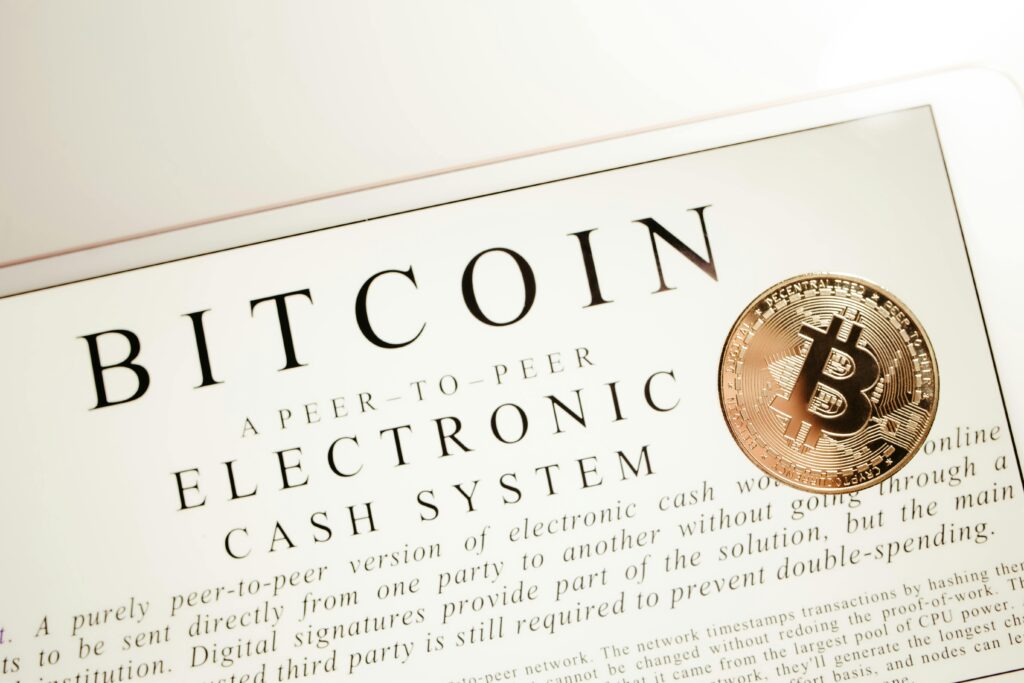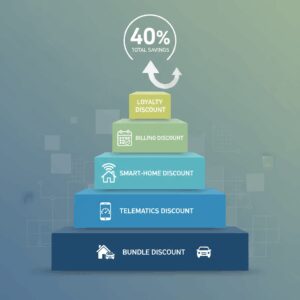The NFT Side Hustle: Can Digital Collectibles Boost Your Personal Loan Eligibility?

In a world where digital assets like NFTs (non-fungible tokens) are redefining ownership and income, it’s fair to ask: can your NFT hustle help you qualify for a personal loan?
Maybe you’ve been flipping NFTs for profit or minting digital art that’s selling on OpenSea or Rarible. You’re making real income, even if it’s coming in the form of crypto. But when it comes time to apply for a loan—say, to consolidate debt, renovate your home, or cover an emergency expense—traditional lenders often won’t know what to make of your side hustle earnings.
Let’s unpack the current landscape of lending and how NFTs may (or may not) impact your ability to secure personal financing.
NFTs as an Income Source: What Lenders Look For
Most lenders—especially traditional banks and credit unions—base personal loan approvals on provable income, credit score, and debt-to-income ratio. NFT sales fall into a gray area for a few reasons:
- Inconsistent income: NFT earnings tend to be irregular, spiky, and speculative.
- Crypto conversion required: Proceeds are usually in Ethereum or other cryptocurrencies. You’ll need to convert and document USD deposits to count them as income.
- Lack of paper trail: Many NFT creators or flippers don’t have invoices or structured bookkeeping.
Bottom line: NFT earnings aren’t treated the same way as W-2 wages or even regular 1099 freelance income—unless you’re documenting everything with the IRS.
So… Can It Help You Get a Loan?
Here’s where it gets nuanced. While NFT income alone won’t guarantee loan approval, it can strengthen your application under certain conditions:
1. You’re Applying Through a Fintech or Alternative Lender
Platforms like Upstart, SoFi, or Avant are often more flexible than traditional banks. Some consider alternative data like education, job field, and income trends. If your NFT business has been running steadily for 12+ months and you’re filing it as self-employment income, you might get credit for it.
2. You Have Proper Tax Documentation
If you filed NFT income on a Schedule C with your taxes last year, congrats—you’ve got official proof of earnings. Lenders can’t ignore what the IRS has already seen. Some self-employed creators even include P&L (profit and loss) statements with their application to paint a clear financial picture.
3. You Maintain a High Credit Score and Low Debt
NFT income is a bonus—not a lifeline—for lenders. If your credit score is strong (usually 680+), and your existing debts are low, lenders may be more lenient. You can position your NFT activity as supplemental income that lowers your overall financial risk.
What About Using NFTs as Collateral?
A handful of Web3-native lending platforms like NFTfi or Arcade.xyz allow you to borrow against your high-value NFTs. But beware:
- These are not traditional loans—they’re crypto loans with smart contracts.
- You risk losing the NFT if you default.
- Lenders often undervalue NFTs due to volatility.
Until major financial institutions recognize NFTs as a real asset class, using them as collateral is still considered high-risk.
Tips to Make NFT Income Lender-Friendly
If you’re hoping to turn your digital side hustle into personal loan leverage, here’s how to make that income more legit in the eyes of a lender:
- Use a business bank account: Keep NFT-related income separate from personal funds.
- Track everything: Use software like QuickBooks, Wave, or even Google Sheets to document income and expenses.
- Report it on your taxes: File NFT earnings as business or investment income to build a paper trail.
- Show consistency: If you’ve earned a few thousand dollars a month for a year, you’re not just dabbling—that’s a business.
Final Thoughts: NFTs Are Cool—But They’re Not Credit Scores
Until lending institutions fully embrace decentralized finance, your NFT side hustle alone probably won’t get you approved for a personal loan. However, with good documentation and the right lender, it can absolutely support your application.
Think of your NFT income as a financial “boost”—but not the foundation. Keep building your credit, documenting your earnings, and watching this space. As digital assets go mainstream, what’s a side hustle today might become tomorrow’s primary qualifier.
Unlock Full Article
Watch a quick video to get instant access.










